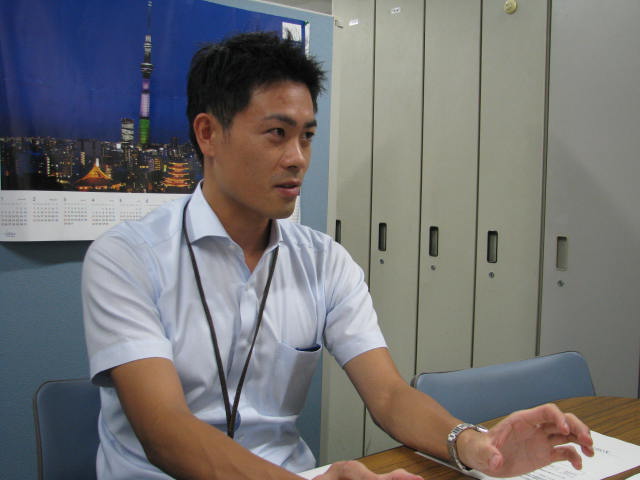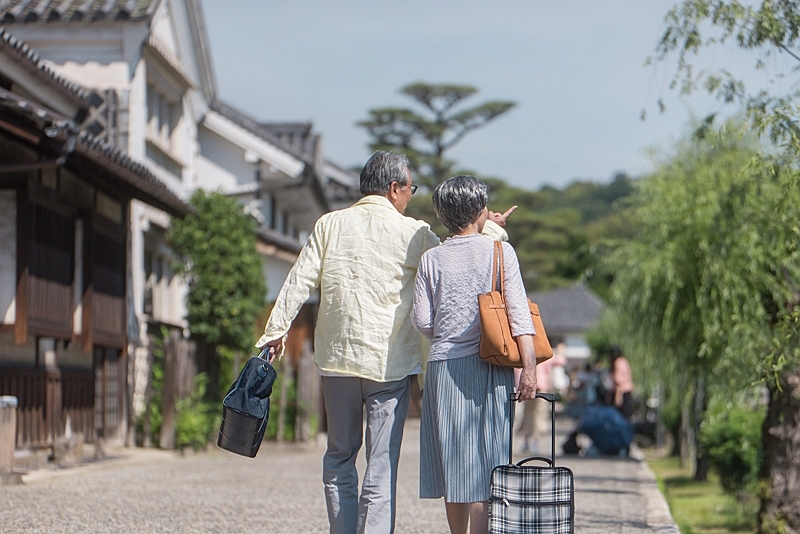
The Japanese government has recently decided to draw a conclusion about the sharing economy marketplace mediating private houses including airbnb by the end of 2016 as part of Deregulation Action Program, as the emerging business is regarded as a gray zone under the current Hotel Business Law.
“I have heard that staying in private houses is getting popular and that there are travelers who enjoy unique experiences there. Also the business may contribute to revitalization of local economy,” Kazuhiro Taniguchi, Deputy Director Tourism Industry Division Japan Tourism Agency (JTA) said. “However, the current situation seems to be hazardous because the business is developed under disorderly conditions.” He stressed that what JTA has to do first is to grasp what is going on the new business including safety for hosts, guests or neighbors.
Hotel Business Law defines that accommodation business is a socially repeated and continued business to build a facility to let people stay and charge accommodation fee for staying to them. The accommodation business is legally classified into hotel, ryokan, simple accommodation (like dormitory or so-called capsular hotel) and boarding house, all of which need to acquire a business license from the prefectural authority.
Taniguchi pointed out that it is impossible to award a business license as hotel or ryokan to a private house because hotel or ryokan are required several business conditions, such as the number of rooms or a front desk. As boarding house is basically a business to let people stay for a month or longer, it is not matched with a private house on the sharing economy marketplace. “A private house might be subject to simple accommodation. However, even simple accommodation is required some conditions, such as a floor of 33 square meters or wider or sometimes a front desk, so there are private houses not acquiring a business license under the current law,” Taniguchi said.
JTA has recognized another issues may come up to the surface as follows:
*A marketplace provider possibly has to acquire a travel business license under the Travel Business Law because it is not an accommodation service provider but a company to receive commission on the sharing economy business model.
*Taxation on a host may be one of the future issues because a host can be a micro entrepreneur.
In the meanwhile, it is true that existing hotels and ryokans demand equal competition conditions in competing with the private house marketplaces because all of them are doing the same business in terms of providing people with a staying space.
Working together with the related-ministries including Ministry of Health, Labour and Welfare mainly, JTA will soon start investigating what is going on the private house marketplace on the sharing economy model, including trouble examples and the revised rules in foreign countries.
In Japanese




